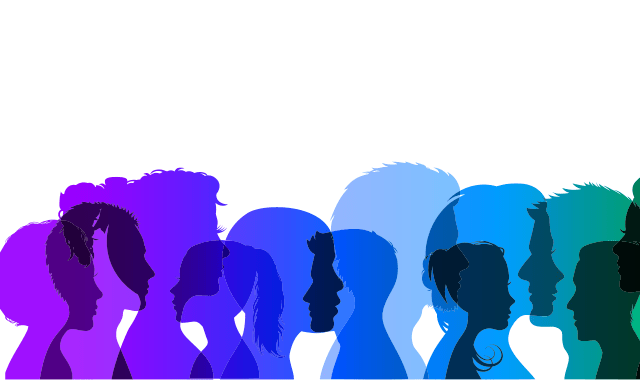
Around the world, digital tools and other technologies are helping consumers take more control of their health, according to results of Deloitte’s 2019 global healthcare consumer survey. Twenty years from now, healthcare will be more consumer-centric, according to the consultancy. Consumers will likely have access to their own health data in an easy-to-use format and will use it to make decisions that help them improve or maintain their health.
The Deloitte 2019 global survey of healthcare consumers, combined with relevant findings from the firm’s 2018 U.S. survey of healthcare consumers, shows meaningful percentages of people who exhibit traditional “consumer behaviors” when it comes to their health. Countries in the 2019 survey include Australia, Canada, Denmark, Germany, the Netherlands, Singapore, and the United Kingdom.
“Consumer behavior” encompasses several attitudes and actions that align with being informed, acting independently, and evaluating choices.
Some aspects of this behavior captured in the survey include:
• being proactive about health and using preventive care;
• willingness to disagree with a clinician;
• willingness to change doctors or health plans if unsatisfied with care or customer service;
• using technology and digital tools to improve and/or maintain health;
• willingness to share data if properly incentivized; and
• using tools/ratings to find the best quality of care and customer service.
Key survey findings:
Increasing use of technology and willingness to share data
A growing number of consumers are using technology for measuring fitness, ordering prescription drug refills, and monitoring their health. In 2018, 42% of U.S. consumers said they used tools to track health improvement goals, up significantly from just 17% in 2013.
Even those who are not using technology for health say they are interested, suggesting that the right tools haven’t been built yet.
[“source=managedhealthcareexecutive”]







